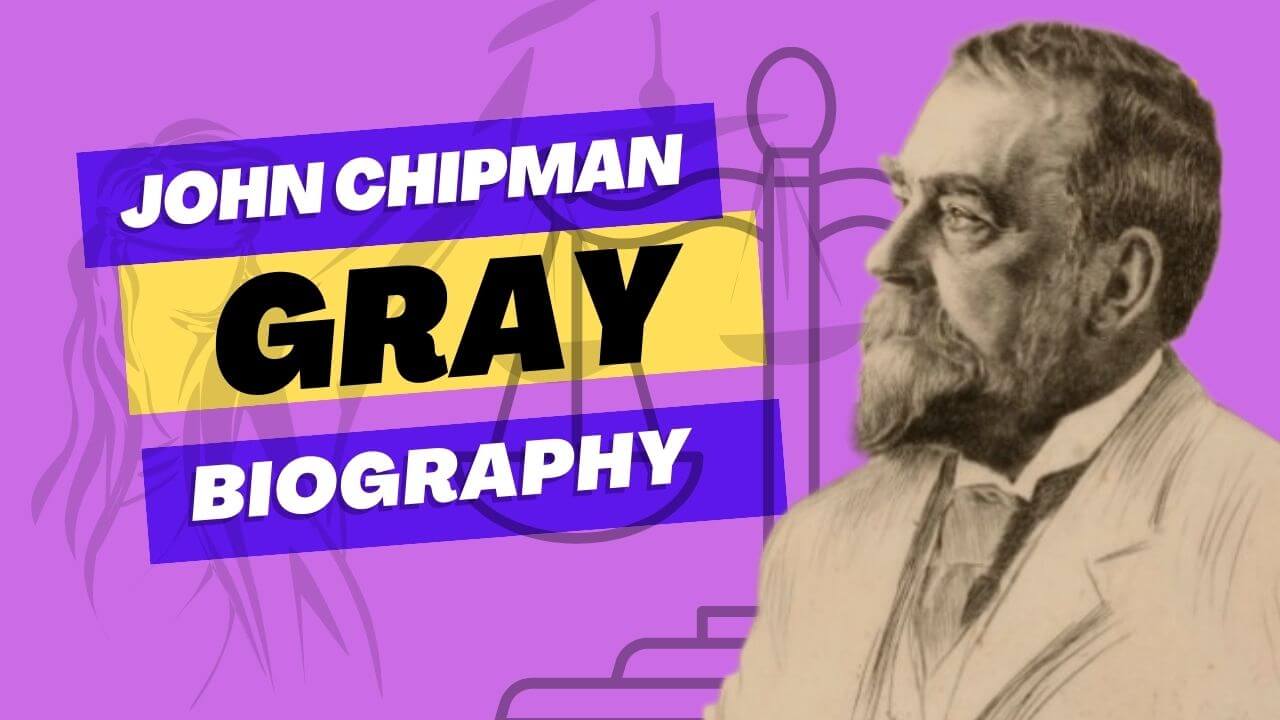Dive into the life of John Chipman Gray, American property law scholar, Harvard professor, and co-founder of Ropes & Gray. Uncover his contributions to law and education.

Born on July 14, 1839, John Chipman Gray was a distinguished American expert in property law and served as a professor at Harvard Law School. Alongside his law partner John Codman Ropes, he established the renowned law firm Ropes & Gray. Interestingly, he was the half-brother of Horace Gray, an associate justice of the U.S. Supreme Court, and the grandson of William Gray, a prominent merchant and politician. John Chipman Gray passed away on February 25, 1915.
Biography
Gray was born in Brighton, Massachusetts, to Horace and Sarah Russell (Gardner) Gray, and he graduated from Boston Latin School. He then pursued his education at Harvard University, earning his Bachelor of Arts degree in 1859, and later attended Harvard Law School, where he obtained his law degree in 1861.
Before the Civil War, Gray aligned himself with the Whig Party, but he shifted to the Know-Nothing Party after the collapse of the Whigs. Despite later becoming a Republican, while serving as a judge advocate, he expressed the opinion that President Abraham Lincoln lacked constitutional authority to issue the Emancipation Proclamation. However, as the Civil War unfolded, Gray argued that eliminating slavery was essential for the nation’s survival.
Admitted to the bar in 1862, Gray served in the Union Army during the American Civil War. He initially enlisted as a 2nd lieutenant in Company B, 4th Battalion, Massachusetts Infantry, on May 27, 1862, but soon mustered out. Later, he joined Company H, 3rd Massachusetts Cavalry, on October 7, 1862. On July 25, 1864, Gray accepted a commission as a major in the U.S. Volunteers Adjutant General Department. Wounded at the Third Battle of Winchester on September 19, 1864, he resigned from the Army on July 14, 1865.
Gray held conservative views on the service of African-American soldiers, expressing skepticism about their discipline. Despite his admiration for his classmate Robert Gould Shaw, Gray wrote to his mother that, “with long and careful discipline, I suppose a regiment of negroes might do as well as a white regiment, but negroes disciplined no better than many of our white units would be worthless.
Legal Career
In 1865, following the conclusion of the Civil War, Gray founded his legal practice in Boston, Massachusetts, laying the foundation for what would later become the contemporary firm of Ropes and Gray. His commitment to legal education led him to join Harvard Law School in 1869, initially as a lecturer, eventually ascending to the position of a full professor in 1875. Recognizing his scholarly contributions, in 1883, he was appointed as the Royall Professor of Law, a distinguished chair named in honor of Isaac Royall, Jr. He held this position for two decades. Gray received honorary Doctor of Laws degrees from Yale University in 1894 and Harvard in 1895.
After retiring from his teaching career, Gray passed away in Boston on February 25, 1915, marking the conclusion of a remarkable legal and educational legacy.